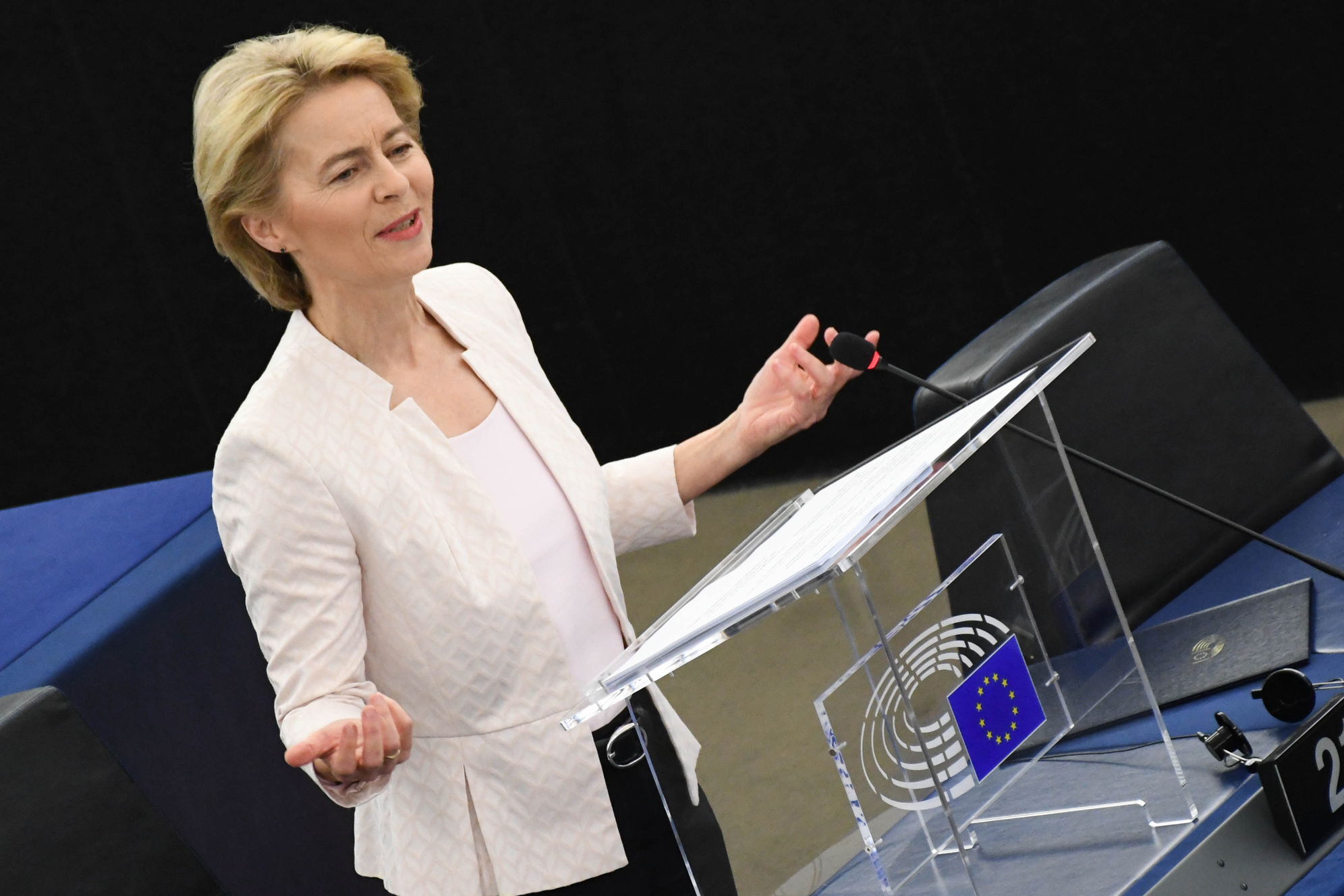ANALysis
The President of the European Commission presented a comprehensive five-year policy programme to the European Parliament that tackles a wide range of economic, social and environmental “emergencies.” Branded as utopian by some, the proposals are anything but unfeasible. Rather, it is a question of moving from words to deeds

Ursula von der Leyen’s programmatic speech to the European Parliament on the day of her election conveys an “idea of Europe.” Her proposals were branded “over-ambitious”, even “utopian” by some: but if a college of Commissioners that is taking office had no ambitions for Europe, then what practical results could it hope to achieve? “Low profile” is hardly ever a virtue in politics; and forward-looking, goal-oriented agendas and good ideas for action are never a downside. Rather, it is a question of verifying whether ideas can deliver concrete results. The July 16 speech at the Euro Parliament in Strasbourg thus highlighted a set of concrete issues which – notwithstanding their configuration –can be briefly summarized in the following chapters.
 The environment first. “Our most pressing challenge is keeping our planet healthy. This is the greatest responsibility and opportunity of our times. I want Europe to become the first climate-neutral continent in the world by 2050.” Von der Leyen thus enlisted a set of priority themes, but the overall approach deserves being underscored. Climate change is affecting people’s lives, it puts the future of humanity at risk with serious consequences already… Therefore it should be given utmost priority in the policy program of the next five years (2019-2024). In this respect the President-elect announced a
The environment first. “Our most pressing challenge is keeping our planet healthy. This is the greatest responsibility and opportunity of our times. I want Europe to become the first climate-neutral continent in the world by 2050.” Von der Leyen thus enlisted a set of priority themes, but the overall approach deserves being underscored. Climate change is affecting people’s lives, it puts the future of humanity at risk with serious consequences already… Therefore it should be given utmost priority in the policy program of the next five years (2019-2024). In this respect the President-elect announced a
“Green Deal for Europe” in the first 100 days in office;
and promised to put forward the first European Climate Law, a Sustainable Europe Investment Plan, and declared that parts of the European Investment Bank will be turned into a Climate Bank. To “complement this work, and to ensure our companies can compete on a level-playing field, I will introduce a Carbon Border Tax to avoid carbon leakage.”
Revitalizing the economy. “We need to strengthen the backbone of our economies: the small and medium-sized enterprises. They are innovative, they are entrepreneurial, they are flexible and agile, they create jobs, they provide vocational training to our youth.” Thus the determination to complete the Capital Markets Union. At the same time, “we should make use of all the flexibility allowed in the rules” with regard to the Stability and Growth Pact.
Therefore, measures to support the single market, technology and digitisation, the energy market, international trade, etc. are required.
Von der Leyen announced a European Unemployment Benefit Reinsurance Scheme that “will support our economies and our people in times of external shocks.” There must no more shortage of funds for the Youth Guarantee and employment.
Social issues. “We have to care for the most vulnerable: our children. We have to fight poverty. I know as a mother of seven that it makes a difference for their entire life if children have access to education, sports, music, healthy food and to a loving environment.” Proposals include a Child Guarantee (“to help ensure that every child in Europe at risk of poverty and social exclusion has access to the most basic of rights like healthcare and education”); an action plan “to bring our Pillar of Social Rights to life” and full gender equality (starting with the College of Commissioners).
Europe’s values. For the President the Rule of Law “is our best tool to defend these freedoms and to protect the most vulnerable in our Union. This is why there can be no compromise when it comes to respecting the Rule of Law”:
Constituting a warning to States such as Poland, Hungary, Slovakia, object of infringement procedures launched by the Junker Commission.
Rule of Law means real democracy, an efficient public administration at the service of citizens, a judiciary independent of the executive, freedom of expression, freedom of the media, protection of minorities, religious freedom…
The immigration problem. “In the last five years, more than 17,000 people have drowned in the Mediterranean, which has become one of the deadliest borders in the world. At sea there is the duty to save lives and in our Treaties and conventions there is the legal and moral duty to respect the dignity of every human being.” This phrase in the first speech to Parliament was reported by all European news media.
“The European Union needs humane borders. We must save, but saving alone is not enough”,
said Von der Leyen. Hence the commitment to reduce irregular migration, fight smugglers and traffickers, whilst preserving the right to asylum and improving the situation of refugees (including via humanitarian corridors). “I will propose a New Pact on Migration and Asylum, including the relaunch of the Dublin reform.”
Which Union? The policy program of Ursula von der Leyen (a 25-page document) equally acknowledges a set of issues – such as Common defence, fair taxation, education (“tripling the Erasmus + budget”), foreign policy (“we must have the courage to take foreign policy decisions by qualified majority”), Brexit (extending the withdrawal date to ensure a orderly exit from the EU), that have been on the agenda of European capitals and of Brussels for years (despite decreased emphasis on a set of areas, including the Common Agricultural Policy).
Notably, the President-elect called for “a new push for European democracy”, that restores a central role to European citizens.
“I want European citizens to play a leading and active part in building the future of our Union. I want them to have their say at a Conference on the Future of Europe, to start in 2020 and run for two years.” And it is necessary for Commission and Parliament to work together “to improve the Spitzenkandidaten system.” Third point, the President voiced her support to a right of initiative for the European Parliament. The three proposals were viewed to be of “technical” nature, yet they represent critical steps to move the EU forward, grant greater powers to Parliament vis a vis the governments of Member Countries. In a nutshell: small steps to ensure a leap forward.
The program is available at: https://ec.europa.eu/commission/sites/beta-political/files/political-guidelines-next-commission_it.pdf